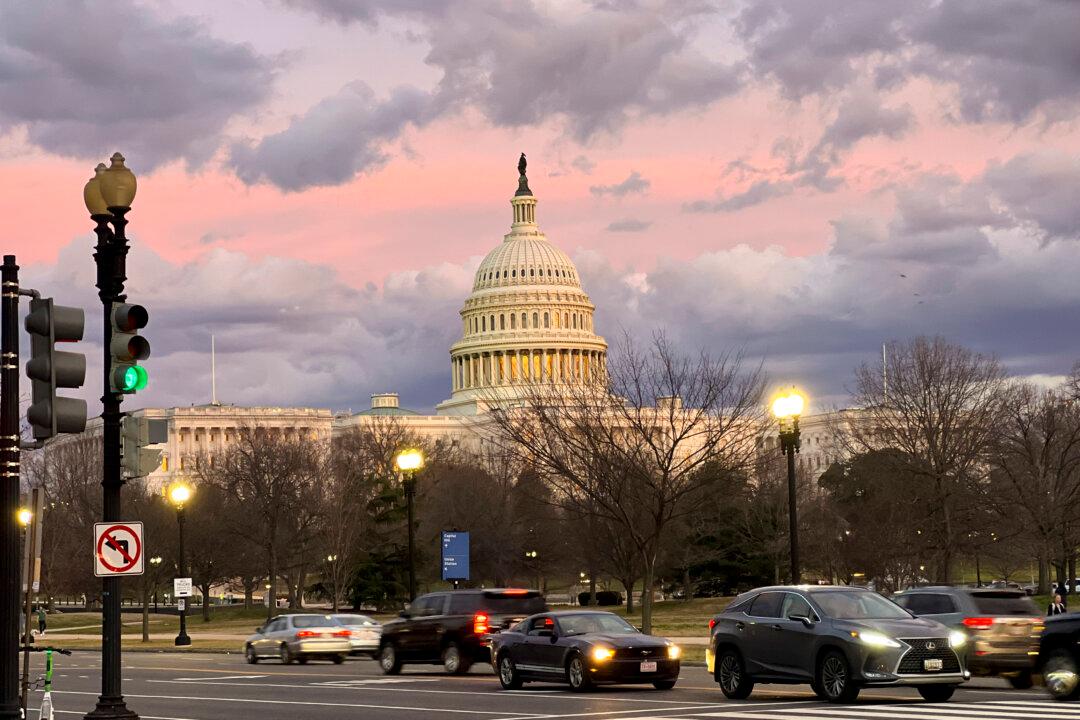A group of 20 Big Tech companies pledged to “prevent deceptive” use of artificial intelligence (AI) and track down its creators as the United States and other countries head into elections in 2024.
Deepfakes of political candidates, election officials, and “other key stakeholders” in elections this year will be under the microscopes of Adobe, Amazon, Anthropic, ARM, ElevenLabs, Google, IBM, Inflection AI, LinkedIn, McAfee, Meta, Microsoft, Nota, OpenAI, Snap, Stability AI, TikTok, TrendMicro, TruePic, and X (formerly Twitter).





